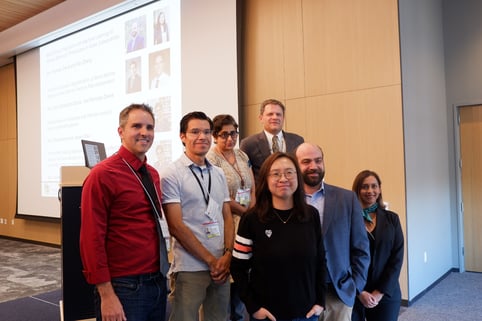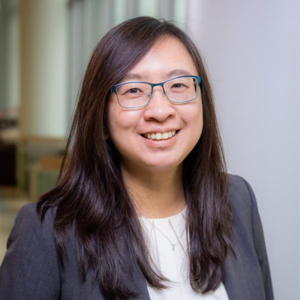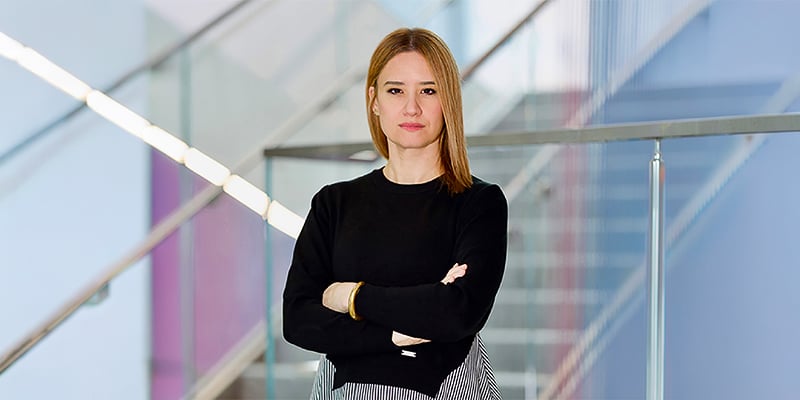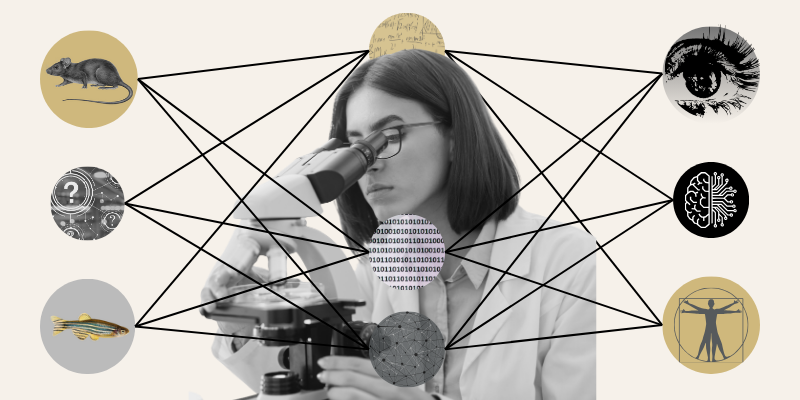Four research projects with a combined orthopedic and biomedical informatics focus have been awarded grant funds totaling $200,000 in the newly formed Dyads Pilot Award competition.
The awards support collaboration between researchers in the Department of Orthopedics’ Colorado Program for Musculoskeletal Research (CPMR) and the Department of Biomedical Informatics (DBMI) at the University of Colorado School of Medicine. Four $50,000 grants were announced Oct. 25 at the 5th Annual Orthopedic Research Symposium to projects that a panel of international experts found novel and interesting and showed strong synergy between faculty in the two departments.
“The long-term goal of this program is to nurture a community at the intersection of informatics and cutting-edge musculoskeletal discovery science,” competition organizers say. “Evidence of the successful creation of productive dyads will set the stage for programmatic collaborations between the CPMR and DBMI. By building teams that span units, we can create research environments for serendipity at scale, in which researchers and providers translate data through insights to action.”
Teaming up for research
Each of the four projects is spearheaded by one DBMI researcher and one CPMR researcher, bringing multiple types of expertise to the research.
Janani Ravi, PhD, assistant professor of biomedical informatics, and Honey Hendesi, MD, PhD, instructor of orthopedics, will focus on intermittent fasting and its effect on bone density and bone fracture healing as a result of shifts in the gut microbiome.
Ravi will also work on a second project with CPMR researcher Reed Ayers, PhD, assistant clinical professor of orthopedics, on a project centered around titanium alloy surgical implants and hardware corrosion due to cellular influences, like bacteria.
“This is my first segue into musculoskeletal research,” Ravi says. “For me, these awards are a way of showing some beneficial applications of microbial genomics and how we can use that to ask profound translational questions.”

Researchers from DBMI and CPMR accepted their grant awards Oct. 25 during the 5th Annual Orthopedic Research Symposium. The projects harness the expertise between the two departments to take orthopedic-related topics even further with the help of translational science.
Michael David, PhD, research instructor of orthopedics, will work with DBMI secondary faculty member and assistant professor of medicine, Fan Zhang, PhD, to use machine learning to reveal synovium phenotypes in ankle osteoarthritis, a debilitating condition that leads to loss of joint cartilage and function.
For Zhang, having a research partner with a clinical background is crucial in defining research direction. “Clinical insight can greatly assist the translational piece,” she says.
The fourth project, led by Nicholas Dwork, PhD, assistant professor of biomedical informatics, and Julio Carballido-Gamio, PhD, associate professor of radiology in the CPMR, aims to use deep learning models to create a pipeline focused on identifying fragility fractures, which can lead to preventative interventions.
The duo says their project could immediately impact two ongoing R01-funded studies taking place at CU Anschutz that assess bone marrow adiposity at the proximal and lumbar spine in subjects with long-standing type 1 diabetes and in postmenopausal women with bone loss.
Lasting impact
The emerging teams are a catalyst and example of how different departments in the School of Medicine can collaborate to impact basic and translational research in a meaningful way, researchers say.
“I’m already hearing how these partnerships are inspiring other collaborations across University of Colorado campuses,” says Dwork, whose imaging expertise aligned perfectly with Carballido-Gamio’s radiology background. “These partnerships are significant because they allow people to merge their talents in meaningful ways. As an engineer, a subject matter expert who is also able to communicate their problem in a way that’s digestible creates an opportunity to address a problem that I would otherwise know nothing about.”
The grants cover one year of research and could be the beginning of even further endeavors. Ravi and Ayers say they can envision a future in which the work they’re starting now transcends into deeper conversations about infection and patient care.
“I'm hopeful this work generates enough preliminary data to plan much larger studies,” Ravi says. “The main idea is to see how we can use this pilot study to join forces and ask big picture questions beyond either CPMR or DBMI alone, and generate hypotheses that we can take much further beyond this first year.”


.png)
.png)

.png)
